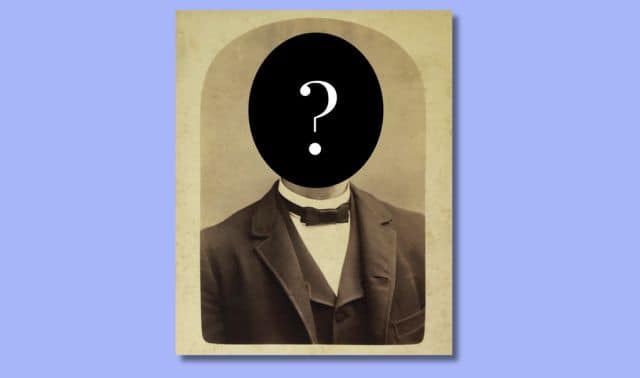Sign up for the Family Tree Newsletter Plus, you’ll receive our 10 Essential Genealogy Research Forms PDF as a special thank you!
Get Your Free Genealogy Forms
"*" indicates required fields
I’d like to find out what he did to earn this certificate. I can’t find anything in Maryland state archive searches. (This question is from the FamilyTreeMagazine.com Forum.)
A. The Selective Training and Service Act of 1940 required American men aged 21 to 35 to register beginning in 1940. Those whose names were drawn had to serve 12 months.
In 1941, Congress approved by one vote the President’s request to extend the term of service. After the United States entered World War II, a new act made men age 18 to 45 liable for military service; those up to age 65 had to register.
There are any number of ways your grandfather could’ve participated in administering this legislation, so first dig through attics and closets and quiz relatives for clues that may give you a starting point. Then take these steps:
- Was he a lawyer for the government or for a firm? If the latter, perhaps his involvement was through his employer. A relative might remember the name, or you could check a city directory.
If he was a government employee, his records would be at the National Personnel Records Center (part of the National Archives and Records Administration) in St. Louis. Records may be restricted for privacy reasons; instructions for making a request are online.
- The Baltimore Bar Association, founded in 1879, or the Maryland State law Library may be helpful in learning more about your grandfather’s career.
- If he was prominent enough to get an award from the president, maybe he made the news. Search newspaper databases such as Google’s News Archive, the subscription site GenealogyBank, or NewsBank, available through many libraries.
- Reading a history of the Selective Service System may offer clues to your grandfather’s participation or even mention him.
- Selective Service System records are in the National Archives’ Record Group 147, which includes correspondence, official appointments, conscientious objector case files and more. The mostly paper records, some of which involve state draft boards, are distributed among various National Archives locations. Start with the administrative records at the archives’ Washington, DC, and College Park, MD, locations.
These records aren’t indexed, so study a finding aid (the archives recommends two) and enlist the help of an archivist.
You also can hire a researcher; the archives has posted a list of recommended researchers by topic.
You can use the Archival Research Catalog People Search to see if your grandfather’s name appears in any National Archives catalog descriptions. (Note that even if he’s not in the People Search, the records still may mention him.)
- You also may find information in the manuscripts at the Franklin Delano Roosevelt Presidential Library and Museum in Hyde Park, NY. Submit a research question following the library’s online instructions.
ADVERTISEMENT




